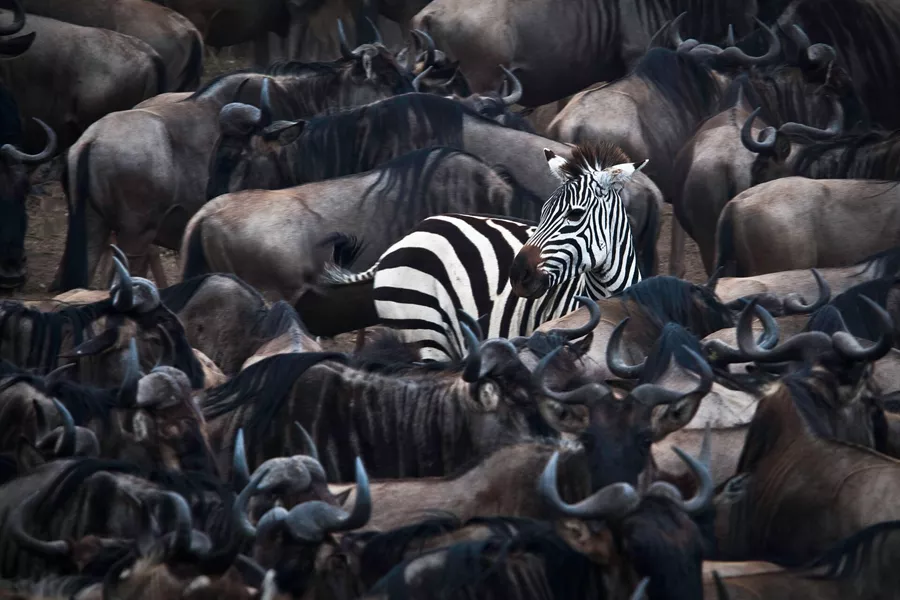Communications
Country Code for Tanzania: +255
Official Travel advice visit:
Tanzania Travel Advice & Safety | Smartraveller (Australia)
Tanzania | SafeTravel NZ (New Zealand)
Emergency Services: 112 Ambulance: 112 Fire: 112 Police: 112
Australian Consulate, Dar es Salaam
Level 3, Address Building, Plot 1403/01, Bains Singh Avenue, Msasani Peninsula, Dar es Salaam, Tanzania
Phone: +255 (0) 744 384 730
Email: AustralianConsulate.Daressalaam@gmail.com
Australian High Commission, Nairobi
Limuru Road, Rosslyn, Nairobi, Kenya
Phone: +254 20 4277 100
Website: kenya.highcommission.gov.au
New Zealand Honorary Consulate in Dar es Salaam, Tanzania
19 Sokoine Drive Dar es Salaam, Tanzania
Phone: (+255) 22 211 2986
Email: hakarimjee@nzconsul.com
New Zealand High Commission, Nairobi
Riverside Drive, Nairobi, Kenya
Phone: +254 20 366 7100
Email: enquiries@nzhc.co.ke










